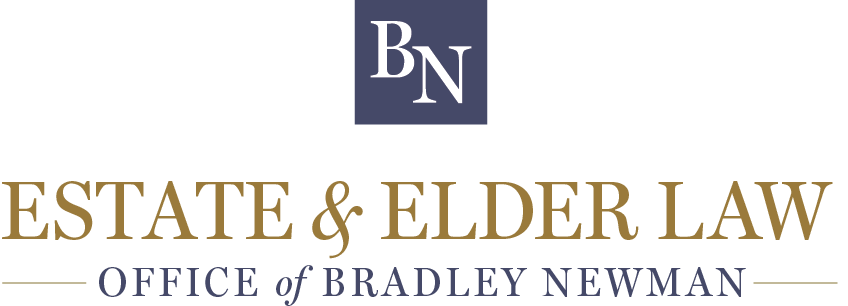Alzheimer's and long-term care
/Dementia is a chronic or persistent disorder of mental functioning caused by brain disease or injury and marked by memory problems, personality changes, and reduced reasoning. It results in cognitive impairment and interferes with the ability to make informed judgments regarding personal safety, medical care and finances.
Alzheimer's is the most common form of dementia. Alzheimer's disease accounts for over 60 percent of dementia cases. The greatest known risk factor is increasing age, and the majority of people with Alzheimer's are 65 and older.
According to Alzheimer's Association, “Alzheimer's worsens over time. Alzheimer's is a progressive disease, where dementia symptoms gradually worsen over a number of years. In its early stages, memory loss is mild, but with late-stage Alzheimer's, individuals lose the ability to carry on a conversation and respond to their environment. Alzheimer's is the sixth leading cause of death in the United States. Those with Alzheimer's live an average of eight years after their symptoms become noticeable to others, but survival can range from four to 20 years, depending on age and other health conditions.”
Given that people suffering from Alzheimer's lose their ability to function independently; it has a dramatic impact on that person and their families in terms of economics as well as their mental wellness. The economic impact on our society in general is billions of dollars in expenses on care for Alzheimer's patients. Part of this economic impact is the high costs of nursing home care.
How do you pay for nursing home care? You can privately pay or self pay at a rate on average of $300.00 per day. You may have long-term care insurance. You need to pay premiums on this insurance so there will be out-of-pocket expense upfront, but it could be a financial benefit later on. Medicare and supplemental health insurance is limited in paying for these costs. There are Veterans’ benefits for some.
Generally, the costs of nursing home care are paid by Medicaid which is a joint federal-state program that provides long-term care coverage to persons in nursing homes. There are a maze of laws and regulations concerning Medicaid and lots of myths out there. We hear all the time that the nursing home will take my house. That is not true and it leads to older adults and their families to make unwise decisions. Your principle residence (with intent to return) limited to $552,000.00 equity is an exempt resource in being eligible for Medicaid.

